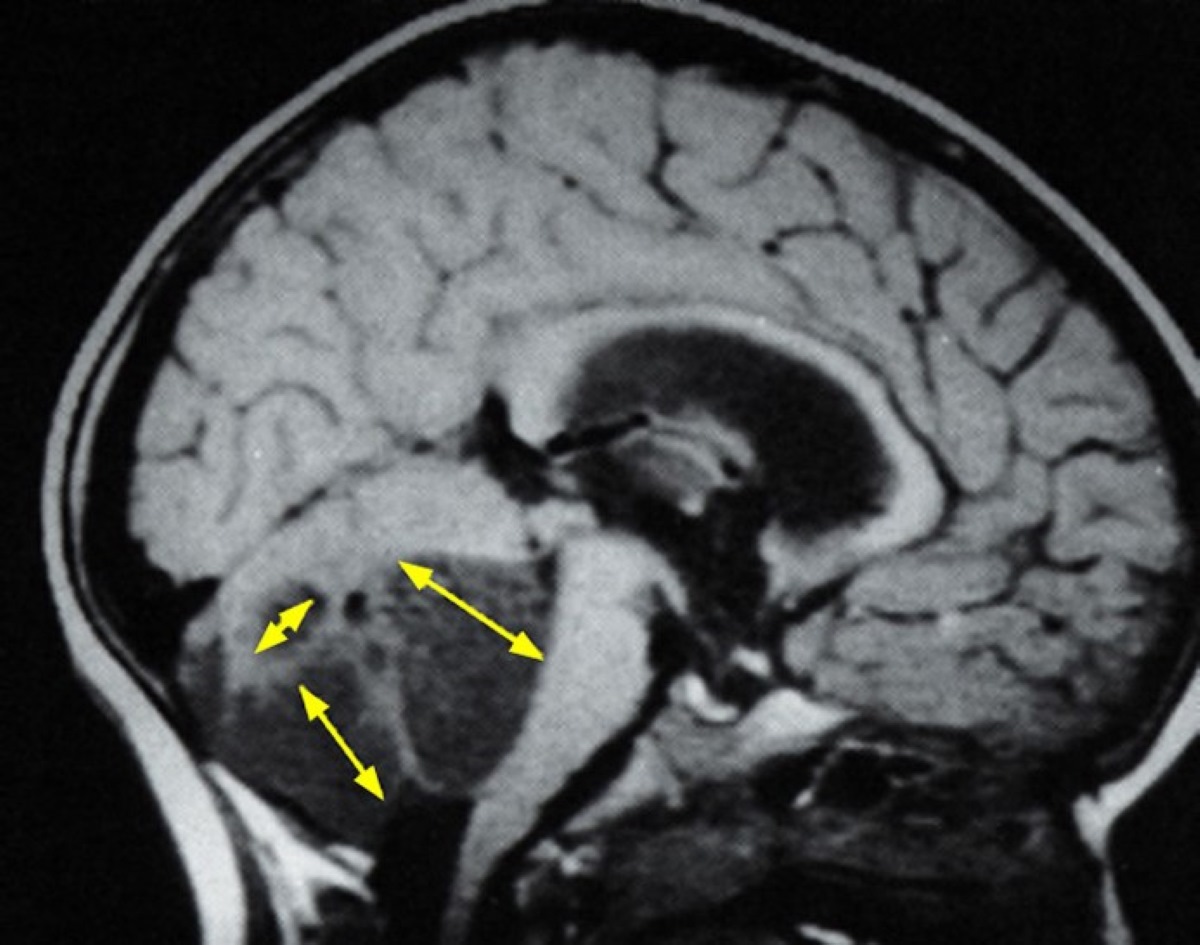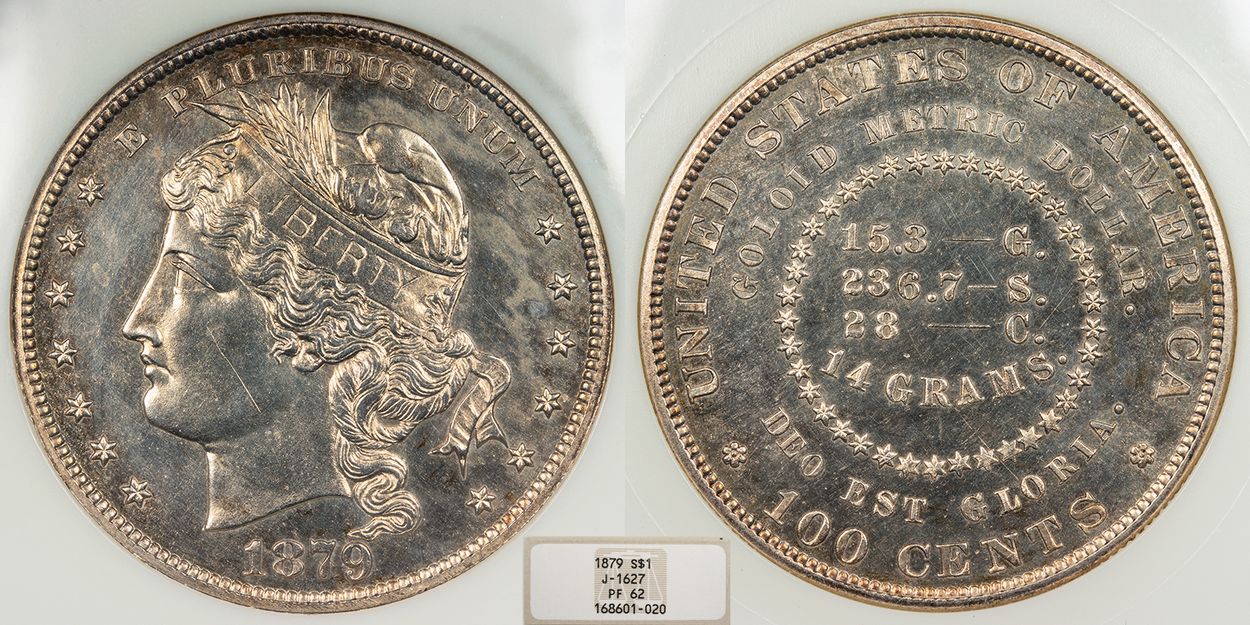
Romano Ward Syndrome is a rare genetic disorder that affects the heart's electrical system, leading to irregular heartbeats or arrhythmias. This condition can cause fainting, seizures, or even sudden death if not managed properly. Romano Ward Syndrome is inherited in an autosomal dominant pattern, meaning only one copy of the altered gene is needed to cause the disorder. Symptoms often appear during childhood or adolescence, but some individuals may not show signs until later in life. Early diagnosis and treatment are crucial for managing the condition and preventing complications. Understanding the genetic basis and recognizing the symptoms can help in timely intervention and improving the quality of life for those affected.
Key Takeaways:
- Romano-Ward Syndrome is an inherited heart condition causing irregular heartbeats. Early diagnosis and management are crucial for a better prognosis and quality of life.
- Lifestyle adjustments, regular check-ups, and support groups are essential for individuals living with Romano-Ward Syndrome. Research and advances offer hope for improved treatments.
What is Romano-Ward Syndrome?
Romano-Ward Syndrome is a genetic condition that affects the heart's rhythm. This syndrome is part of a group of disorders known as Long QT Syndrome (LQTS). Here are some intriguing facts about this condition.
-
Inherited Condition: Romano-Ward Syndrome is inherited in an autosomal dominant manner, meaning only one copy of the altered gene is needed to cause the disorder.
-
Heart Rhythm: It primarily affects the heart's electrical activity, leading to irregular heartbeats or arrhythmias.
-
Long QT Interval: The syndrome is characterized by a prolonged QT interval on an electrocardiogram (ECG), which can lead to sudden fainting spells.
-
Genetic Mutations: Mutations in several genes, including KCNQ1, KCNH2, and SCN5A, are known to cause Romano-Ward Syndrome.
Symptoms of Romano-Ward Syndrome
Recognizing the symptoms can be crucial for early diagnosis and management. Here are some common symptoms associated with this syndrome.
-
Fainting Spells: Sudden fainting, especially during exercise or stress, is a common symptom.
-
Palpitations: Individuals may experience palpitations or a sensation of the heart racing.
-
Seizures: In some cases, the lack of blood flow to the brain can cause seizures.
-
Sudden Cardiac Arrest: In severe cases, the irregular heartbeats can lead to sudden cardiac arrest.
Diagnosis of Romano-Ward Syndrome
Diagnosing Romano-Ward Syndrome involves several tests and evaluations. Here are some key diagnostic methods.
-
Electrocardiogram (ECG): An ECG is the primary tool used to detect the prolonged QT interval.
-
Holter Monitor: This portable device records the heart's activity over 24-48 hours to detect irregularities.
-
Genetic Testing: Identifying mutations in specific genes can confirm the diagnosis.
-
Family History: A detailed family history can help identify patterns of inheritance.
Treatment Options for Romano-Ward Syndrome
Managing Romano-Ward Syndrome involves various treatment strategies to prevent complications. Here are some common treatments.
-
Beta Blockers: These medications help control heart rate and reduce the risk of arrhythmias.
-
Implantable Cardioverter-Defibrillator (ICD): An ICD can detect and correct life-threatening arrhythmias.
-
Lifestyle Changes: Avoiding strenuous exercise and stress can help manage symptoms.
-
Medications: Other medications may be prescribed to stabilize the heart's rhythm.
Genetic Aspects of Romano-Ward Syndrome
Understanding the genetic basis of Romano-Ward Syndrome can provide insights into its inheritance and risks. Here are some genetic facts.
-
Autosomal Dominant: The syndrome follows an autosomal dominant inheritance pattern.
-
Gene Mutations: Mutations in genes like KCNQ1, KCNH2, and SCN5A are commonly associated with the syndrome.
-
Family Screening: Genetic testing of family members can help identify those at risk.
-
Variable Expression: The severity of symptoms can vary even among family members with the same mutation.
Complications of Romano-Ward Syndrome
If not managed properly, Romano-Ward Syndrome can lead to serious complications. Here are some potential risks.
-
Sudden Cardiac Death: The most severe complication is sudden cardiac death due to arrhythmias.
-
Heart Failure: Chronic arrhythmias can lead to heart failure over time.
-
Emotional Stress: The fear of sudden fainting or cardiac arrest can cause significant emotional stress.
-
Reduced Quality of Life: Frequent symptoms and the need for constant monitoring can impact daily life.
Living with Romano-Ward Syndrome
Living with Romano-Ward Syndrome requires careful management and lifestyle adjustments. Here are some tips for coping with the condition.
-
Regular Check-ups: Frequent visits to a cardiologist are essential for monitoring the condition.
-
Medication Adherence: Taking prescribed medications consistently can help control symptoms.
-
Emergency Plan: Having an emergency plan in place can be lifesaving in case of sudden symptoms.
-
Support Groups: Joining support groups can provide emotional support and practical advice.
Research and Advances in Romano-Ward Syndrome
Ongoing research is crucial for improving the understanding and treatment of Romano-Ward Syndrome. Here are some recent advances.
-
Gene Therapy: Research is exploring the potential of gene therapy to correct the underlying genetic mutations.
-
New Medications: Development of new medications that target specific pathways involved in the syndrome.
-
Improved Diagnostic Tools: Advances in diagnostic tools are making it easier to detect and monitor the condition.
-
Personalized Medicine: Tailoring treatments based on an individual's genetic profile is becoming more common.
Preventing Complications in Romano-Ward Syndrome
Preventing complications involves proactive management and lifestyle choices. Here are some preventive measures.
-
Avoid Triggers: Identifying and avoiding triggers like stress and certain medications can prevent arrhythmias.
-
Healthy Diet: A heart-healthy diet can support overall cardiovascular health.
-
Regular Exercise: While strenuous exercise should be avoided, regular moderate exercise can be beneficial.
-
Stress Management: Techniques like yoga and meditation can help manage stress.
Support and Resources for Romano-Ward Syndrome
Accessing support and resources can make living with Romano-Ward Syndrome easier. Here are some helpful resources.
-
Patient Organizations: Organizations like the Sudden Arrhythmia Death Syndromes (SADS) Foundation offer support and information.
-
Online Communities: Online forums and social media groups can provide a sense of community and shared experiences.
-
Educational Materials: Books, articles, and videos can help patients and families understand the condition better.
-
Professional Counseling: Counseling can help individuals cope with the emotional aspects of the syndrome.
Prognosis of Romano-Ward Syndrome
Understanding the prognosis can help patients and families plan for the future. Here are some key points about the prognosis.
-
Variable Outcomes: The prognosis can vary widely depending on the severity of the condition and the effectiveness of treatment.
-
Early Intervention: Early diagnosis and treatment can significantly improve the outlook for individuals with Romano-Ward Syndrome.
Final Thoughts on Romano Ward Syndrome
Understanding Romano Ward Syndrome can make a big difference. This genetic disorder affects the heart's rhythm, leading to potentially dangerous arrhythmias. Knowing the symptoms like fainting, seizures, and sudden cardiac arrest helps in early diagnosis. Genetic testing plays a crucial role in identifying the condition, especially if there's a family history. Treatment options include beta-blockers, lifestyle changes, and sometimes an implantable cardioverter-defibrillator (ICD). Regular check-ups with a cardiologist are essential for managing the condition effectively. Awareness and education about Romano Ward Syndrome can save lives. If you or someone you know shows symptoms, consult a healthcare professional immediately. Stay informed, stay safe.
Frequently Asked Questions
Was this page helpful?
Our commitment to delivering trustworthy and engaging content is at the heart of what we do. Each fact on our site is contributed by real users like you, bringing a wealth of diverse insights and information. To ensure the highest standards of accuracy and reliability, our dedicated editors meticulously review each submission. This process guarantees that the facts we share are not only fascinating but also credible. Trust in our commitment to quality and authenticity as you explore and learn with us.


